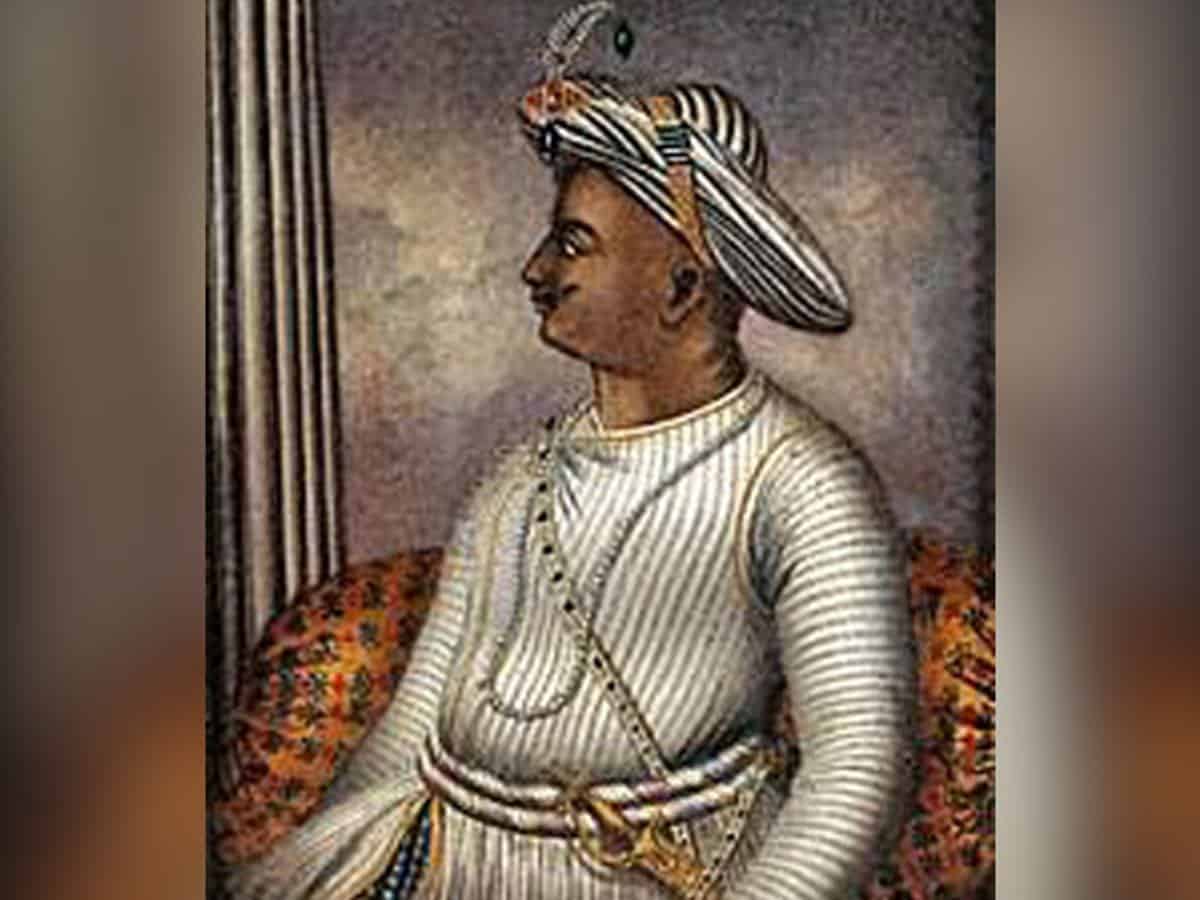Mir Hussain Ali Khan Kirmani, was an Iranian scholar who migrated from Iran to Mysore and lived in Mysore at the court of both Hyder Ali and Tipu Sultan. He is the author of an excellent two-part history in Persian on the life of these two rulers that was completed in 1802 – three years after the martyrdom of Tipu Sultan. The title of his work is “Nishan-e Hydari” It was translated into English by Colonel William Miles and published for the first time in London in 1864 by Oriental Translation Fund of Great Britain and Ireland. In 1997 it was reprinted by Asian Educational Services (New Delhi and Madras).
Mir Hussain Ali Khan Kirmani is also the author of another work in Persian titled “Tadhkirat-al-Bilaad wa’l-Hukkam” (Memorial of the Principalities and Governors) – completed in 1215 AH/1800-01 AD. It is a history of the twelve principalities under the jurisdiction of the Mysore kingdom.
Iranians of various walks of life — traders, scholars, artisans, and soldiers of fortune — had been coming regularly to the Mysore kingdom at the court of both Hyder Ali and Tipu Sultan. One of the few documented evidences of official dispatch of a military contingent from Iran to Mysore is from Karim Khan Zand the King of Iran on the request of Hyder Ali.
Other interesting books on Tipu Sultan are:
“Tarikh-e Saltanat-e Khudadad” in Urdu and its author is Mahmoud Khan Bangalori.
“Tipu Sultan: a study in diplomacy and confrontation”, by: Ali, B. Sheikh. Mysore: Geetha Book House, 1982.
“Biography of Fath Ali Tipu Sultan, Nawab of Mysore, 1753-1799” by: Mohammad Ilyas Nadvi — Institute of Objective Studies, 2004
“Tipu Sultan: The Lion Hearted” by: K.H. Rizvi – Star Book Depot – Karnataka
“Tiger of Mysore” by Denys Mostyn Forrest
“Tipu Sultan and his Age: a collection of seminar papers”, Asiatic Society (Calcutta, India) 2001
Papers presented at a seminar on the occasion of the bi-centenary year of the martyrdom of Shaheed Tipu Sultan — held at Calcutta in 1999.
“The Dreams of Tipu Sultan” translated from the original Persian with an introduction and notes by Mahmud Husain, PhD (Professor of History, University of Karachi — Pakistan Historical Society Publications, No. 7)
Another interesting book, although its author has tried to defame Tipu Sultan and Islam in the introduction and footnotes is: “Selected Letters of Tippoo Sultan” by a historian of the British East India Company, William Kirkpatrich published in 1811.

